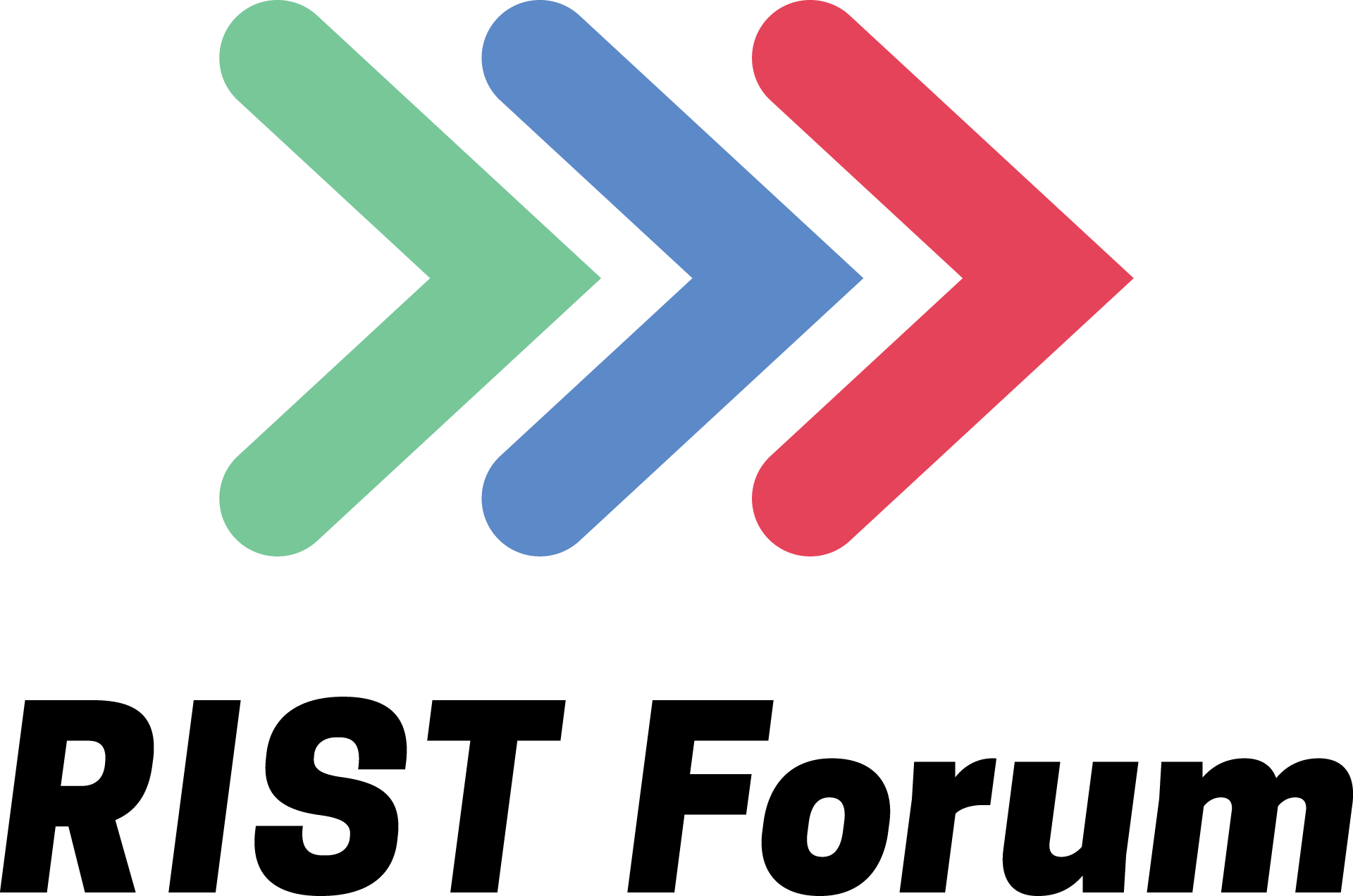Post VidTrans Blog
Earlier this month, The Reliable Internet Stream Transport (RIST) Forum took to VidTrans 2021, to demonstrate use cases for its interoperable protocol, alongside some RIST members who presented in various technical sessions and case-study presentations to explore the technical benefits and upcoming developments for the protocol.
For the first time, VidTrans was delivered virtually using a highly interactive platform to host live demonstrations and audio over IP networks. The theme this year was “Innovations in IP for Media Production”, with technical sessions, demos and networking opportunities within a virtual exhibition hall.
The RIST demonstrations which took place were:
· Cerberus Tech: This session from Cerberus CEO, Chris Clarke, outlined the key considerations when shifting to IP for live sports, drawing on the Scottish Premier Football League and other sports which have been successfully delivered using IP technology. During the pandemic, live sports production and distribution has adapted to empty stadiums and unpredictable schedules. IP technology has played a crucial role in enabling live sports to be broadcast cost-effectively, with socially distanced production and remote commentary.
· Cobalt: This presentation delivered by Ciro Noronha, evaluated two options for transporting HDR over a communications link using compression. This presentation leads on from the work presented at VidTrans 2020, using quality metrics that better correlate with perceived quality, and an industry-standard method (BD-rate) for the comparison.
The session included live real-time statistics and was streamed live to YouTube.
· Nevion: Andrew Raynor discussed the movement to virtual computer based live production systems, bringing the viewer up to date with some timing thoughts on both the latest revisions to ST 2110 and computer-hosted and computer-friendly live production.
· Open Broadcast Systems: Kieran Kunhya presented this session looking into the two years of experience rolling out RIST in many locations around the world for a variety of use cases including Primary Distribution (for satellite replacement or augmentation), News Interviews, Programme Contribution and Monitoring. It will go into both operational detail and technical detail into the benefits as well as issues with using RIST and compare it with other technologies out there.
· RIST Activity Group: Rick Ackermans of CBS provided a short update on the RIST Activity Group within the Video Services Forum, sharing the group’s history on a timeline and explaining how it integrates with the RIST Forum.
· SipRadius: Sergio Ammirata focused on optimizing error correction protocol over congested networks, discussing specific algorithms used in the librist library, during his VidTrans session.
· Video-Flow: This session, presented by Adi Rozenberg, reviewed interference sources and discussed a novel new technical solution that overcomes the outcome of the interference; The solution is a hybrid approach that allows a simple recovery system in parallel to the Satellite feed with no changes to the satellite distribution and reception. The presentation showcased the system major components, lab results and field test result.
Be sure to watch the videos and more on the Video Services Forum (VSF) YouTube channel.
We hope to see you all in person next year at VidTrans 2022.
